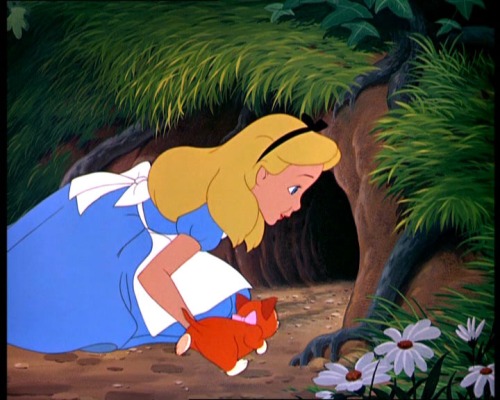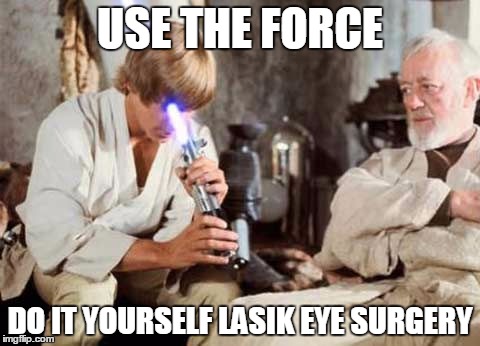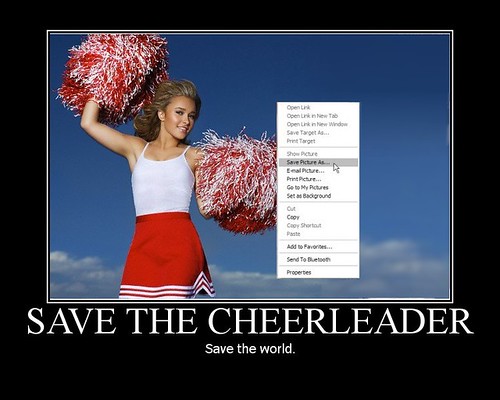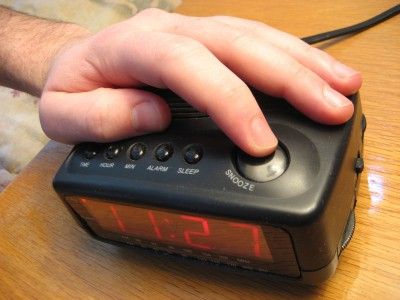
At the time that Graham v. Deere (1966) was decided, section 103(a) read as follows:
35 U.S.C. 103 Conditions for patentability; non-obvious subject matter.
"(a) A patent may not be obtained though the invention is not identically disclosed or described as set forth in section 102 of this title, if the differences between the subject matter sought to be patented and the prior art are such that the subject matter as a whole would have been obvious at the time the invention was made to a person having ordinary skill in the art to which said subject matter pertains. Patentability shall not be negatived by the manner in which the invention was made."
Alright, said the Supremes to themselves.
We don't know much about biology, history or zoology. Don't know deep algebra, just that 1 plus 1 is two. But about the English language we know a thing or three. We know how to parse a sentence.
It says in this section 103(a) something about "having ordinary skill in the art".
Somebody has got to figure out what that ordinary skill is, what its level is, and they need to do so by presenting "evidence".
It says in this section 103(a) something about "differences" and about the subtractant being "the prior art".
Somebody has got to figure out what the prior art is, what is its scope and content, and again they need to do so by presenting factual "evidence".
It says in this section 103(a) something about "the time the invention was made".
Somebody has got to figure out what that time is. Clearly the ordinary guy could not know what comes after. We best be wary of hindsight and allow for secondary considerations.
The Supremes of the Graham v. Deere era walked on eggshells. Careful not to overstep what the text of the statute said.
Now let's compare that against what the Supremes of Alice v. CLS did ...













